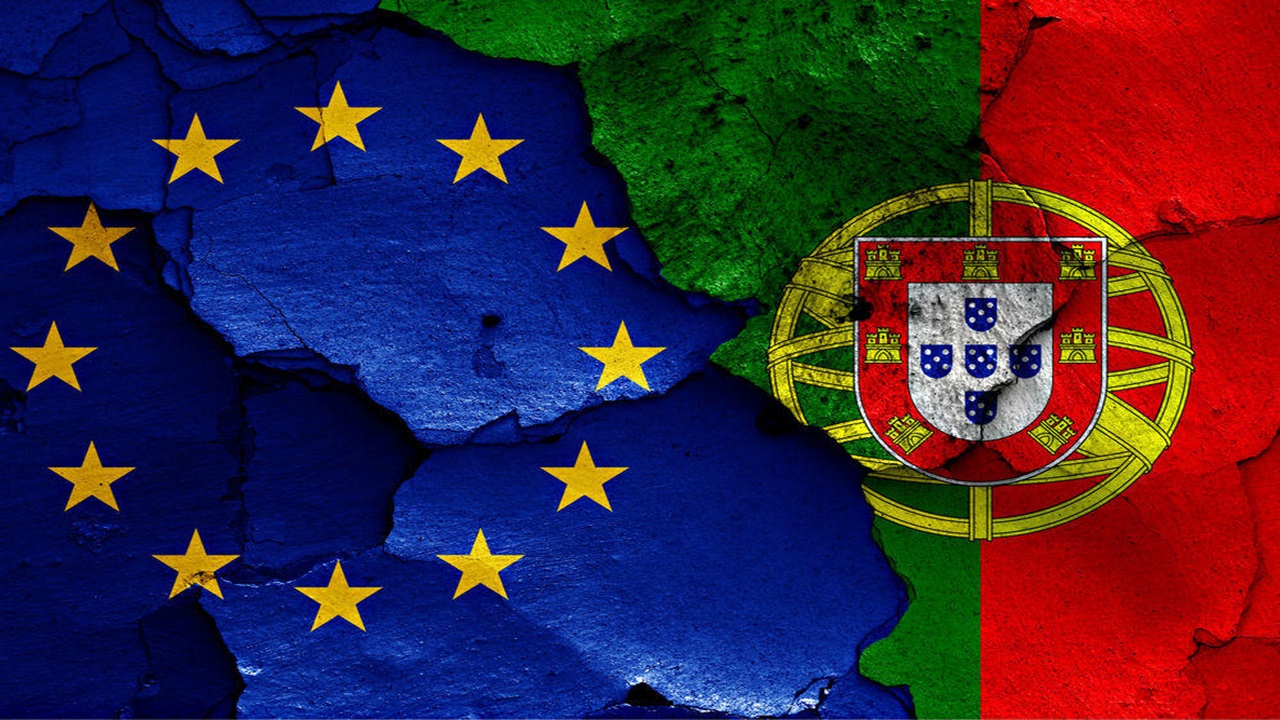
Published 04/12/2024 18:16 | Edited 04/12/2024 18:25
[Eu vou votar porque] “Europe brings us many benefits, not only in politics, but also in society, which can also promote other things that, if we weren’t in Europe, we wouldn’t be able to do”.
This statement, made in response to the question whether he will vote (1) and why, by a young woman, in a school, at the end of a debate that featured two deputies in the European Parliament (EP), one from the Socialist Party (PS) and the other from the Social Democratic Party (PSD), is revealing of the myths that over the last few decades have instilled in the country and, particularly, in the youth.
Firstly, the myth, which is not at all rigorous, of confusing being a member of the European Union and being from Europe. It is true that this young woman did not do it with any malicious intent, but in fact, Portugal, an independent country for nine centuries, has always been in Europe and will be a European country regardless of its participation in this process of capitalist integration.
But what, then, are the things that we could not do if we were not in the European Union?
Are you thinking about the Erasmus program, which allows students to take part of their courses at foreign universities? Nothing more fake. Note that many students do Erasmus, for example, in Turkey or the United Kingdom, which, as we know, are not part of the European Union. Furthermore, the number of Portuguese students covered is only residual because, as a result of the low salary policy promoted by the EU in our country, this experience is closed to the overwhelming majority.
Perhaps it refers to movement through the European Union without border controls. But before joining the then EEC (2), was that what prevented circulation or, precisely, the lack of means to do so? And, in the 60s, when fascism condemned the Portuguese people to misery, they didn’t leave, just like in the turbulent years of the troikas (3)weren’t there hundreds of thousands of men and women who went out looking for a better life?
Conversely, we know that young people have difficulty working in national companies, which have since been destroyed on orders from Brussels (4)have difficulty accessing the highest levels of education according to their wishes, because the Bologna guidelines (5) are to quickly form cheap labor.
The recent history of our country records a moment in which doors, streets and avenues were opened and without which it would not be possible to do almost all the things we do today. But it wasn’t in Jerónimos (6)not em 1986 (7).
From that moment on, we now celebrate 50 years (8)full of desire to return to their paths.
Article originally published in the newspaper Avante!
Editor’s notes:
1 – Refers to the election for the European Parliament that will take place on June 9th. Portugal elects 21 representatives.
2 – European Economic Commission, precursor of the EU.
3 – Troica or Troika (word of Russian origin for a three-horse carriage) – Group formed by the European Commission, International Monetary Fund and European Central Bank due to the European debt crisis (2007) and responsible for imposing neoliberal measures on countries who were seeking financial assistance.
4 – Headquarters of the European Commission, the main executive body of the EU.
5 – Bologna Treaty, which according to EU propaganda, “seeks to establish a European Higher Education Area on the continent”.
6 – Mosteiro dos Jerónimos, place where Portugal’s accession treaty to the European Union was signed on June 12, 1985.
7 – Portugal has been a member of the EU since January 1, 1986.
8 – The author refers to the Carnation Revolution of April 25, 1974, which overthrew the fascist dictatorship and had a markedly progressive sense.
Source: vermelho.org.br

